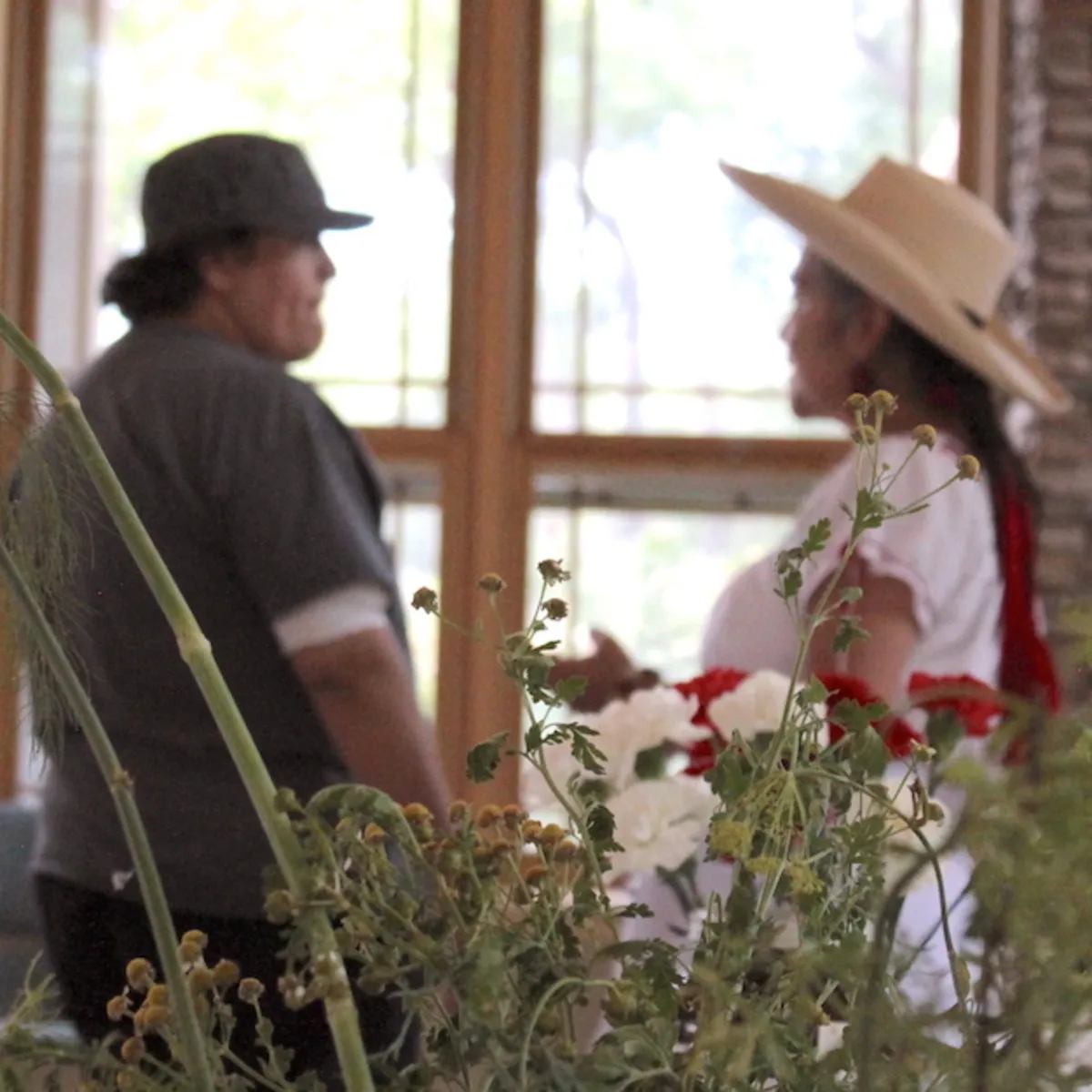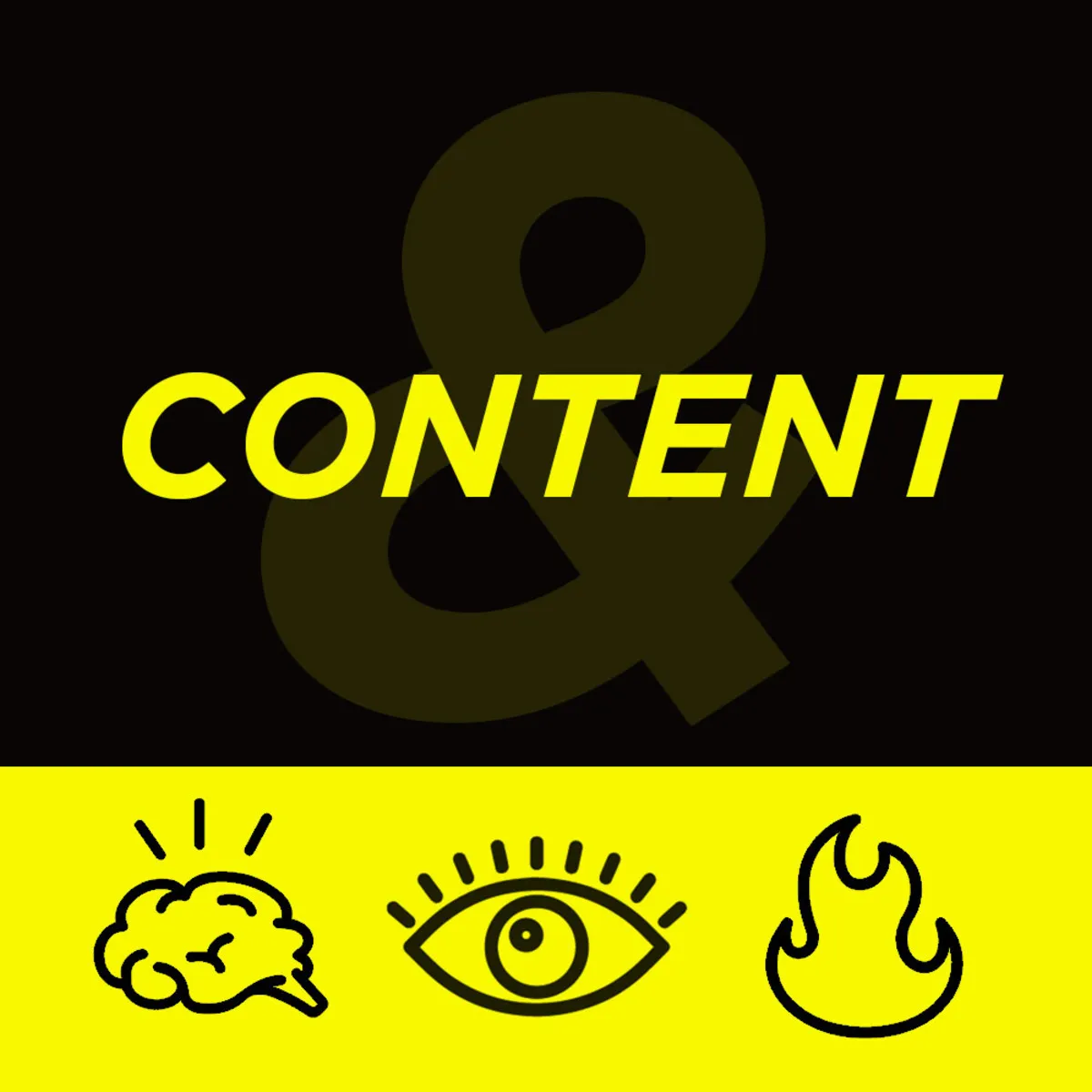
Big History: Connecting Knowledge 
Big History is an interdisciplinary approach to understanding the universe, connecting knowledge from different fields to explore the past and present. It seeks to answer questions that cannot be answered by a single discipline alone. ▼
ADVERTISEMENT
Course Feature
![]() Cost:
Cost:
Free
![]() Provider:
Provider:
Coursera
![]() Certificate:
Certificate:
No Information
![]() Language:
Language:
English
![]() Start Date:
Start Date:
Self Paced
Course Overview
❗The content presented here is sourced directly from Coursera platform. For comprehensive course details, including enrollment information, simply click on the 'Go to class' link on our website.
Updated in [March 06th, 2023]
Big History: Connecting Knowledge is an introductory course that explores the interconnections between history and science. It examines the relationship between historical and scientific explanations, and how we decide what to believe. The course also looks at how our universe has become more complex over time.
The course begins by introducing the concept of Big History, which is the study of the universe from the Big Bang to the present day. It examines the history of the universe, from the formation of the first stars and galaxies to the emergence of life on Earth. It also looks at the development of human societies and the impact of technology on our lives.
The course then looks at the relationship between historical and scientific explanations. It examines how we decide what to believe, and how we can use evidence to support our beliefs. It also looks at the role of scientific theories in understanding the past.
The course then looks at how our universe has become more complex over time. It examines the development of the universe from the Big Bang to the present day, and how the universe has become more complex and diverse. It also looks at the emergence of life on Earth and the development of human societies.
Finally, the course looks at the impact of technology on our lives. It examines how technology has changed the way we live, work, and interact with each other. It also looks at the implications of technology for our future.
Big History: Connecting Knowledge is an introductory course that provides an overview of the interconnections between history and science. It examines the relationship between historical and scientific explanations, and how we decide what to believe. It also looks at how our universe has become more complex over time, and the impact of technology on our lives.
[Applications]
After taking this course, students should be able to apply the knowledge they have gained to their everyday lives. They should be able to think critically about the world around them and be able to make connections between different fields of knowledge. They should also be able to evaluate the evidence presented to them and make informed decisions. Additionally, they should be able to understand the complexity of the universe and how it has evolved over time. Finally, they should be able to apply the principles of Big History to their own lives and to the world around them.
[Career Paths]
1. Historian: Historians research, analyze, and interpret the past to better understand the present. They use a variety of sources, such as documents, artifacts, and interviews, to uncover the history of a particular event, person, or place. Historians are in high demand in the public and private sectors, and the field is expected to grow in the coming years.
2. Data Scientist: Data scientists use data to solve complex problems and develop insights. They analyze large datasets to uncover patterns and trends, and use their findings to inform decisions. Data science is a rapidly growing field, and data scientists are in high demand in both the public and private sectors.
3. Social Scientist: Social scientists study the behavior of individuals and groups in society. They use a variety of methods, such as surveys, interviews, and experiments, to uncover the underlying causes of social phenomena. Social scientists are in high demand in the public and private sectors, and the field is expected to grow in the coming years.
4. Science Communicator: Science communicators use their knowledge of science to inform and educate the public. They use a variety of methods, such as writing, speaking, and multimedia, to communicate complex scientific concepts in an accessible way. Science communicators are in high demand in the public and private sectors, and the field is expected to grow in the coming years.
[Education Paths]
1. Bachelor of Arts in History: This degree path focuses on the study of the past, including the development of societies, cultures, and civilizations. It also covers the development of political, economic, and social systems. Students will gain an understanding of the major events and trends that have shaped the world. Additionally, they will learn how to analyze and interpret historical sources, as well as how to use them to draw conclusions about the past.
2. Bachelor of Science in Astronomy: This degree path focuses on the study of the universe, including the formation and evolution of stars, galaxies, and other celestial bodies. Students will gain an understanding of the physical laws that govern the universe, as well as the tools and techniques used to observe and measure astronomical phenomena. Additionally, they will learn how to interpret astronomical data and use it to draw conclusions about the universe.
3. Bachelor of Science in Physics: This degree path focuses on the study of the fundamental laws of nature, including the behavior of matter and energy. Students will gain an understanding of the mathematical and physical principles that govern the universe, as well as the tools and techniques used to study them. Additionally, they will learn how to apply these principles to solve problems in a variety of fields, such as engineering, medicine, and computer science.
4. Bachelor of Science in Computer Science: This degree path focuses on the study of computer systems, including the design and development of software and hardware. Students will gain an understanding of the principles of computer programming, as well as the tools and techniques used to create and maintain computer systems. Additionally, they will learn how to use computers to solve problems in a variety of fields, such as business, science, and engineering.
Course Syllabus
Mind-Expanding, not Head-Exploding
What is the observable evidence for the Big Bang?
How do we know how stars form?
Where did the elements come from?
What is the periodic table?
Why is Threshold 4 significant?
How did the solar system form?
What is our Earth's history and how do we know it?
Pros & Cons

1. Well-structured course with engaging lectures and fascinating topics.

2. Provides a multidisciplinary study that spans various fields of knowledge.

3. Changes perspectives and educates learners in state-of-the-art knowledge.

4. Offers a framework to shift thinking about history and interconnectedness.

5. Informative, cross-disciplinary course with substantial effort in its development.

1. Misinterpretation and misleading explanations of thermodynamic laws.

2. Irrelevance and dissatisfaction with the content of Week 6.

3. Dissatisfaction with essay-based assessments instead of quizzes.

4. Criticisms of cherry-picking, exaggeration, and lack of scientific understanding.

5. Limited understanding of the second law of thermodynamics and closed systems.
Course Provider

Provider Coursera's Stats at AZClass
Discussion and Reviews
0.0 (Based on 0 reviews)
Explore Similar Online Courses

Leadership of Education Technology in Schools

Free Dropshipping Tutorial - How To Start Dropshipping With Shopify & Aliexpress

Python for Informatics: Exploring Information

Social Network Analysis

Introduction to Systematic Review and Meta-Analysis

The Analytics Edge

DCO042 - Python For Informatics

Causal Diagrams: Draw Your Assumptions Before Your Conclusions

Whole genome sequencing of bacterial genomes - tools and applications

Curanderismo: Traditional Healing Using Plants

Storytelling in Branding and Content Marketing

The Modern World Part Two: Global History since 1910
 Related Categories
Related Categories
 Popular Providers
Popular Providers
Quiz
 Submitted Sucessfully
Submitted Sucessfully
1. What is Big History?
2. What is the relationship between historical & scientific explanation?
3. How do we decide what to believe?


Start your review of Big History: Connecting Knowledge